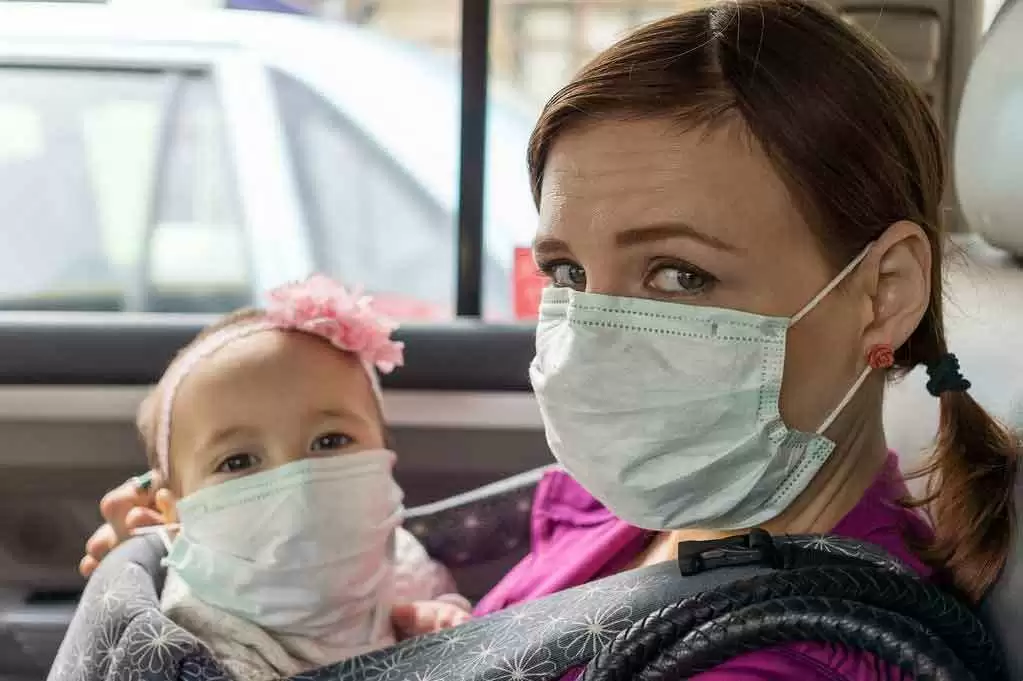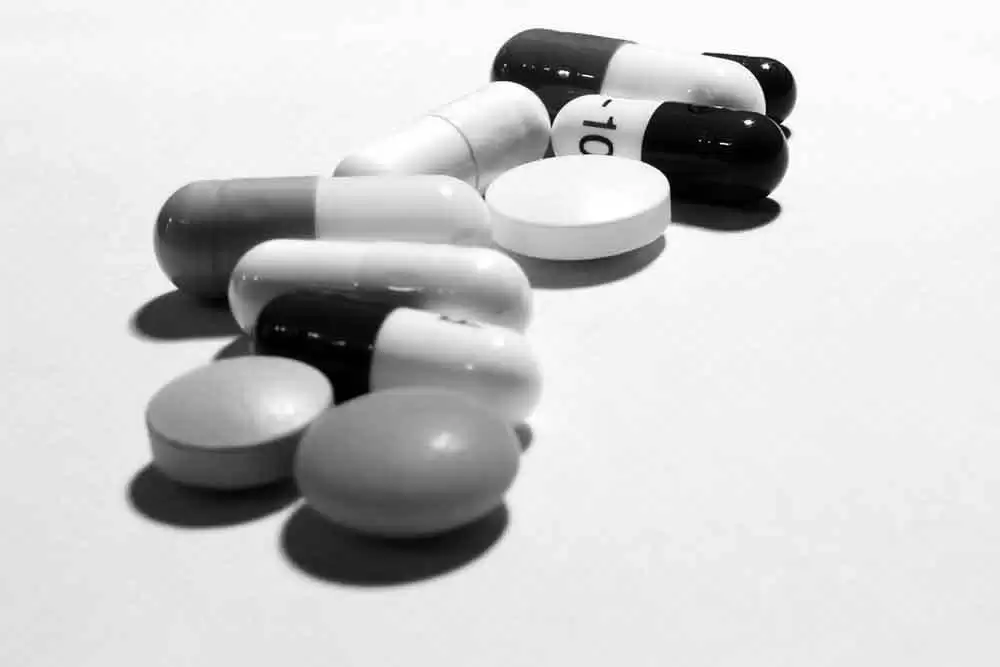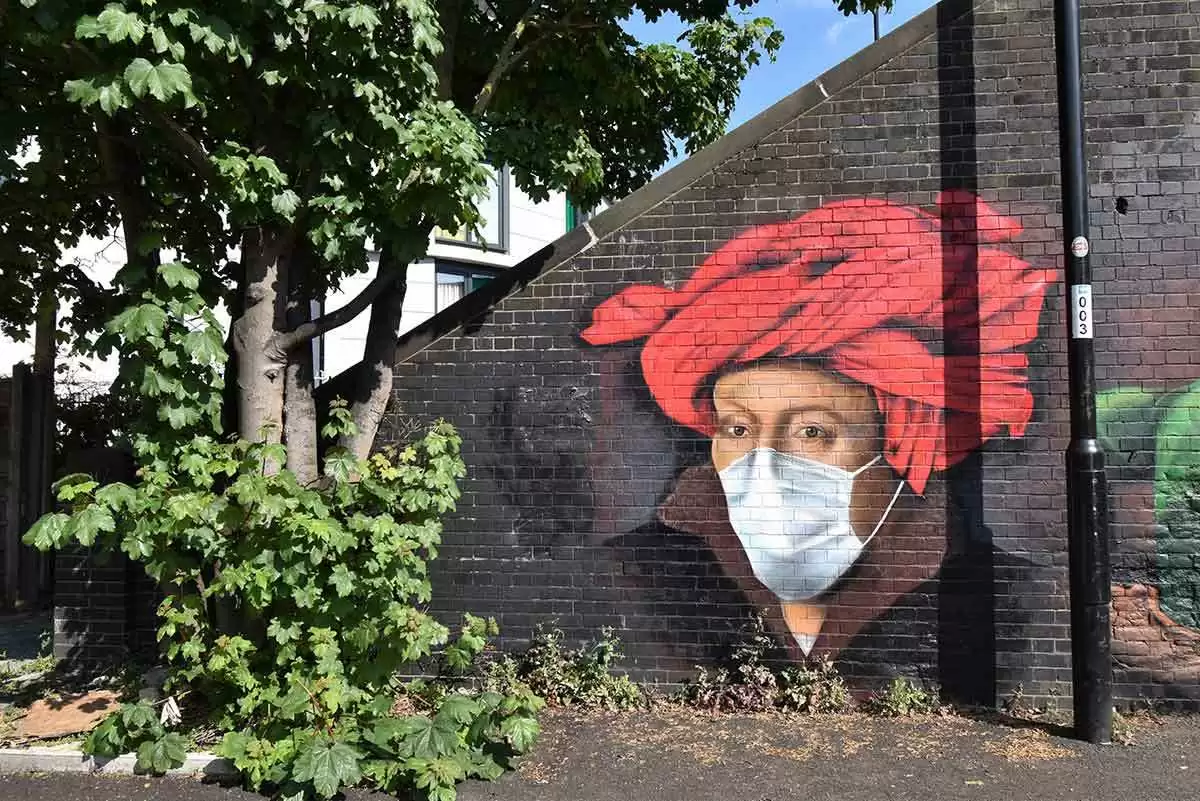
Celiac.com 03/15/2021 - COVID-19 is mainly a respiratory illness, but there is mounting evidence to indicate that the gut and gut microbiota may play a role in the disease. A team of researchers recently set out to determine if the gut microbiome is linked to disease severity in patients with COVID-19, and whether variations in microbiome composition might resolve with the passing of the SARS-CoV-2 virus.
The research team included Yun Kit Yeoh, Tao Zuo; Grace Chung-Yan Lui; Fen Zhang; Qin Liu; Amy YL Li; Arthur CK Chung; Chun Pan Cheung; Eugene YK Tso; Kitty SC Fung; Veronica Chan; Lowell Ling; Gavin Joynt; David Shu-Cheong Hui; Kai Ming Chow; Susanna So Shan Ng; Timothy Chun-Man Li; Rita WY Ng; Terry CF Yip; Grace Lai-Hung Wong; Francis KL Chan; Chun Kwok Wong; Paul KS Chan; and Siew C Ng.
Celiac.com Sponsor (A12):
To get the answers, the team reviewed blood, stool and patient records from 100 patients with laboratory-confirmed SARS-CoV-2 infection, from two different hospitals. They collected serial stool samples from 27 of the 100 patients up to 30 days after the resolution of SARS-CoV-2. They assessed gut microbiome composition by shotgun sequencing total DNA from stool extraction. They then measured plasma concentrations of inflammatory cytokines and blood markers.
Compared with non-COVID-19 patients, those with COVID-19 showed a substantially changed gut microbiome, whether or not they received medication.
In COVID-19 patients, a number of gut microbiota with known immunomodulatory potential, such as Faecalibacterium prausnitzii, Eubacterium rectale and bifidobacteria were low, and remained low up to 30 days after Covid-19 abated. In these cases, Covid-19 severity reflected elevated concentrations of inflammatory cytokines and blood markers such as C reactive protein, lactate dehydrogenase, aspartate aminotransferase and gamma-glutamyl transferase.
The connections between gut microbiota composition, levels of cytokines and inflammatory markers in patients with COVID-19 suggest that gut microbiota composition reflects disease severity and weakened immune responses.
Moreover, because gut microbiota imbalance after Covid-19 resolution may lead to persistent symptoms, it is important to understand how gut microorganisms are involved in inflammation and COVID-19.
Read more in Gut
The researchers are variously affiliated with the Department of Microbiology, The Chinese University of Hong Kong, Shatin, Hong Kong; the Center for Gut Microbiota Research, Faculty of Medicine, The Chinese University of Hong Kong, Shatin, Hong Kong; the Department of Medicine and Therapeutics, The Chinese University of Hong Kong, Shatin, Hong Kong; the State Key Laboratory for digestive disease, Institute of Digestive Disease, Li Ka Shing Institute of Health Science, The Chinese University of Hong Kong, Shatin, Hong Kong; the Stanley Ho Centre for Emerging Infectious Diseases, Faculty of Medicine, The Chinese University of Hong Kong, Shatin, Hong Kong Department of Medicine and Geriatrics, United Christian Hospital, Kwun Tong, Hong Kong; the Department of Pathology, United Christian Hospital, Kwun Tong, Hong Kong; the Department of Anaesthesia and Intensive Care, The Chinese University of Hong Kong, Shatin, Hong Kong; the Department of Chemical Pathology, The Chinese University of Hong Kong, Shatin, Hong Kong; the Li Ka Shing Institute of Health Sciences, The Chinese University of Hong Kong, Shatin, Hong Kong.








Recommended Comments
Create an account or sign in to comment
You need to be a member in order to leave a comment
Create an account
Sign up for a new account in our community. It's easy!
Register a new accountSign in
Already have an account? Sign in here.
Sign In Now